APRIL 26, 2023 | ONE-DAY VIRTUAL EVENT
Trauma & Resilience in Higher Education:
Naming the Urgency, Envisioning Change, Sharing Tools

Research is clear that violence & trauma create obstacles to academic success, and equally clear that everyday interventions in our communities create the possibility for change.
Join us to learn from experts who implement trauma-informed practices in their scholarship, pedagogy, and practices. Please bring your voice to this community and join the conversation.
This one-day virtual live conference explores how every encounter area—from pedagogy to campus safety, advising to financial aid, facilities to college policies and administration— can be informed by recognizing the prevalence of trauma, adversity, and toxic stress and how these impact academic outcomes.
Trauma-informed education describes a perspective or lens through which practices and services are evaluated in view of lived experience, basic neurobiology, as well as research and findings on the power of resilience behaviors and interventions to build progressive, positive outcomes.
8:30 am – 4:30 pm EST
Morning Keynote
Bessel A. van der Kolk M.D.
Leading trauma researcher/clinician/scholar Dr. Bessel van der Kolk (The Body Keeps the Score) will deliver the morning address grounding the conference in the neurobiology of trauma.
Bessel van der Kolk MD spends his career studying how children and adults adapt to traumatic experiences and has translated emerging findings from neuroscience and attachment research to develop and study a range of treatments for traumatic stress in children and adults.
Conference Schedule
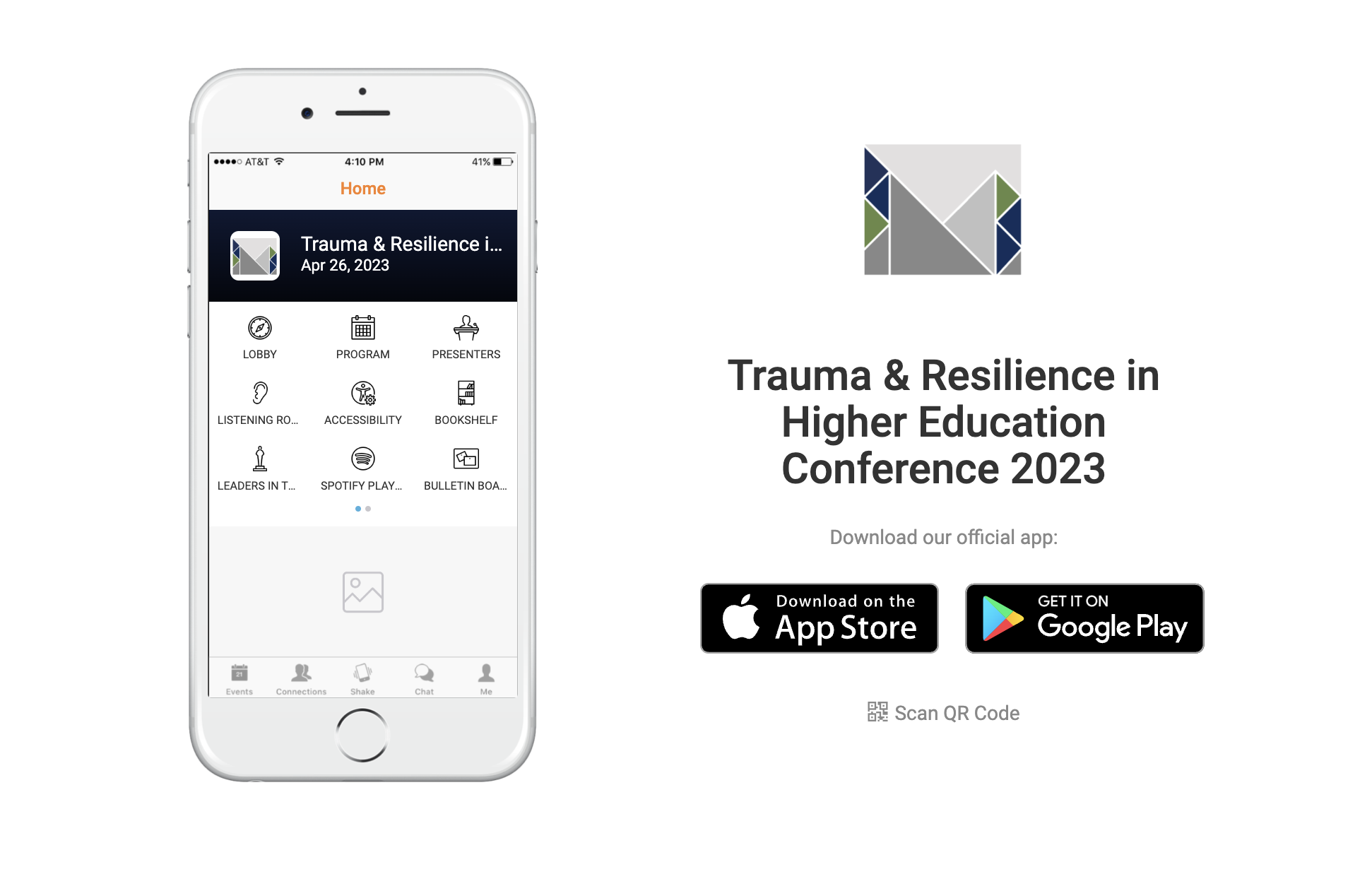
Designed for all stakeholders
in Higher Education.
Faculty
Student Services
Administrators
Executive Leadership
Clinicians
The Challenge
Higher education must consider how it does or does not recognize the pervasive, serious ways in which violence, trauma, and adversity undermine academic resilience.
Contrary to the popular conception of trauma as exceptional, research such as the landmark Adverse Childhood Experiences (ACE) study establishes trauma and adversity as common, prevalent, and consequential in all domains including education—“arguably,” offers Bessel van der Kolk, “the greatest threat to our national well-being.”
Unaddressed trauma affects traditional benchmarks of post-secondary success including retention, course completion, and graduation rates. Interruptions in school attendance, not being cognitively present due to overwhelming stress and trauma, documented socio-economic pressures of homelessness, food insecurity, and poverty, systemic and institutionalized identity-based violence such as racism, all these factors adversely impact progress in the everyday skills critical to higher education and the workplace.
Even before the pandemic, mental health and well-being in college students was characterized as a crisis, and the pandemic itself from which we are yet emerging represents a global crisis of isolation, disconnection, and a feeling of powerlessness, common hallmarks of trauma.
How the Conference Helps
We occupy a unique moment in higher education. This conference offers an affordable, accessible opportunity to learn from individuals who implement trauma-informed practices in their scholarship, pedagogy, and practices.
Profoundly interdisciplinary, trauma-informed practices that exist in many professions from social work to law enforcement to nursing and k-12 education have evolved from critical work in clinical fields, neurobiological advances in the research and treatment of trauma, as well as the scholarship and work of equity. Not yet as familiar in higher education as in k-12, the trauma-informed lens does not engage a diagnosis of individuals as in a therapeutic context: faculty are not therapists, students not patients.
Rather, trauma-informed pedagogies and practices emerge from neurobiological research and findings on the power of resilience behaviors and interventions to build supports that encourage progressive, positive outcomes. The essential public health ethos—decrease distress, increase functioning—is at the heart of trauma-informed practices. The scientific truth is that there are all kinds of everyday local interventions all members of the higher educational community can take to decrease distress and increase functioning resulting in more resilient, responsive, and progressive educational outcomes.
This conference offers an affordable, accessible opportunity to learn from individuals who implement trauma-informed practices in their scholarship, pedagogy, and practices. Please bring your voice to this community and join the conversation.
Topics We Will Discuss
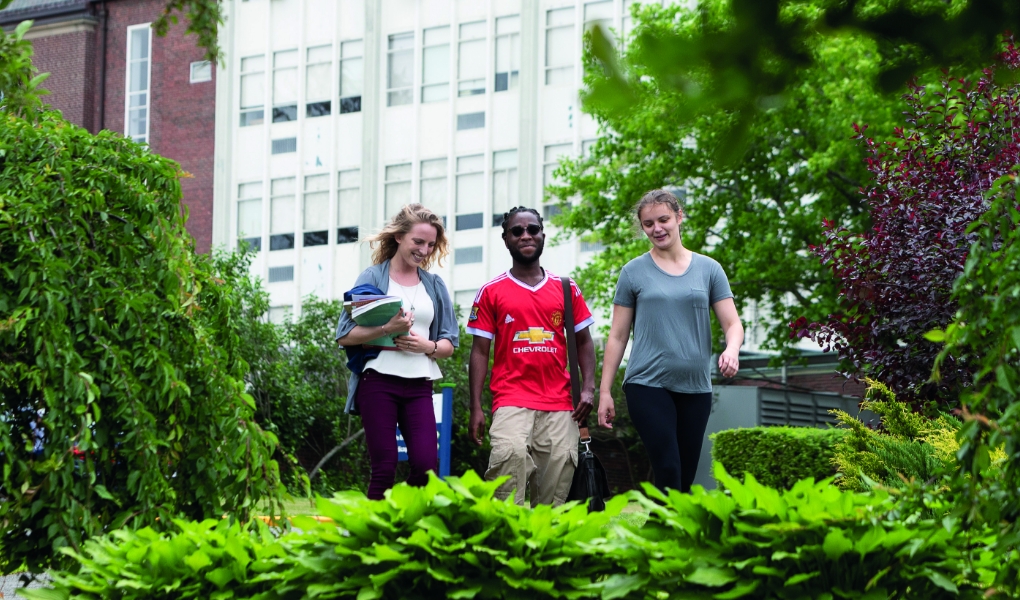
The History of
Trauma-Informed
Higher Education
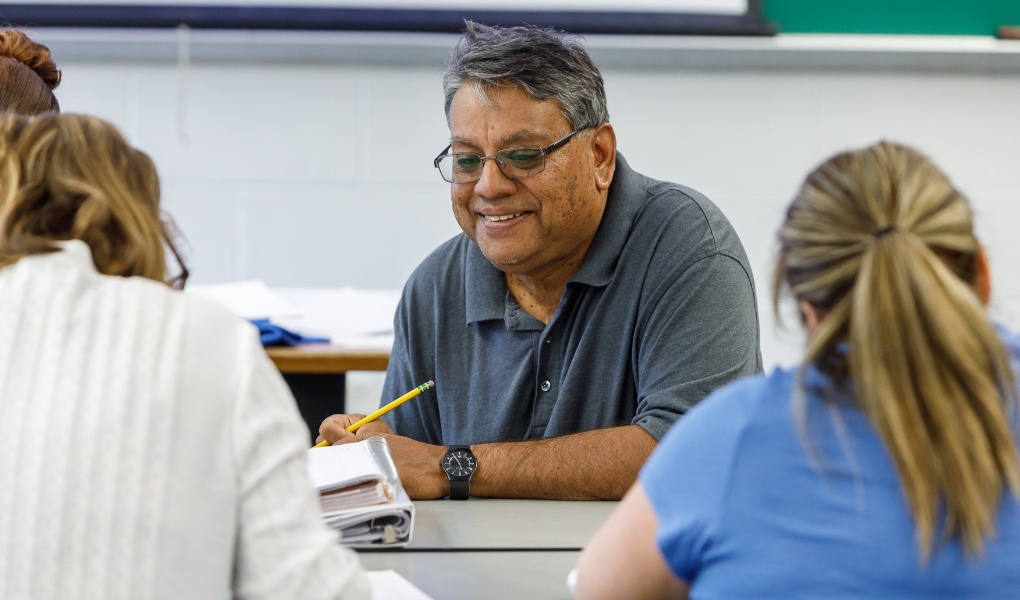
Trauma-Informed
Pedagogy

Neurobiology of Trauma and How That Matters in Higher Ed

Equity Centered
Trauma-Informed

Trauma-Informed Virtual Learning

Trauma-Informed Campus Safety and Policing
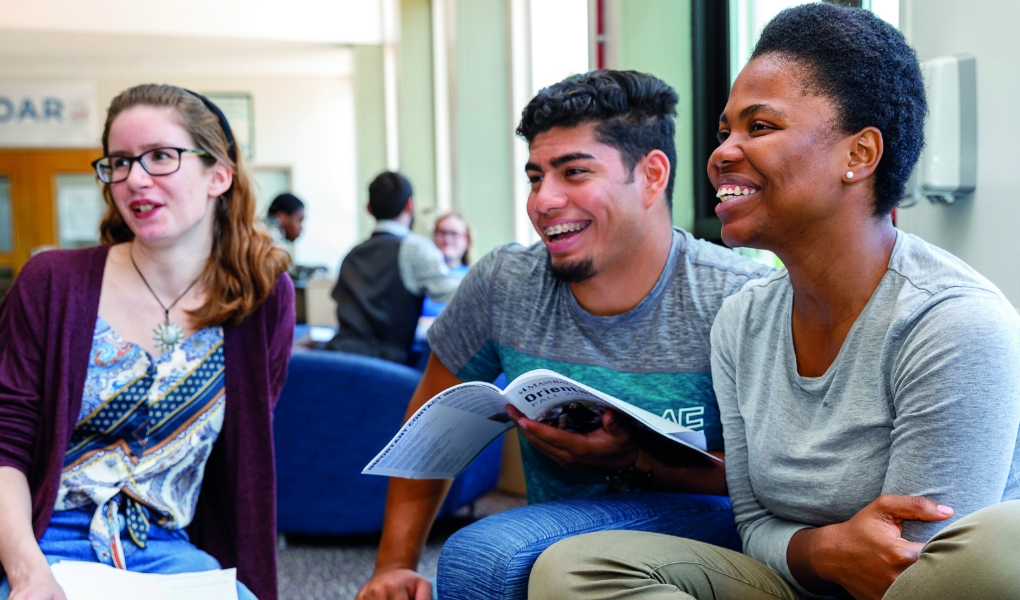
Trauma-Informed Student Services
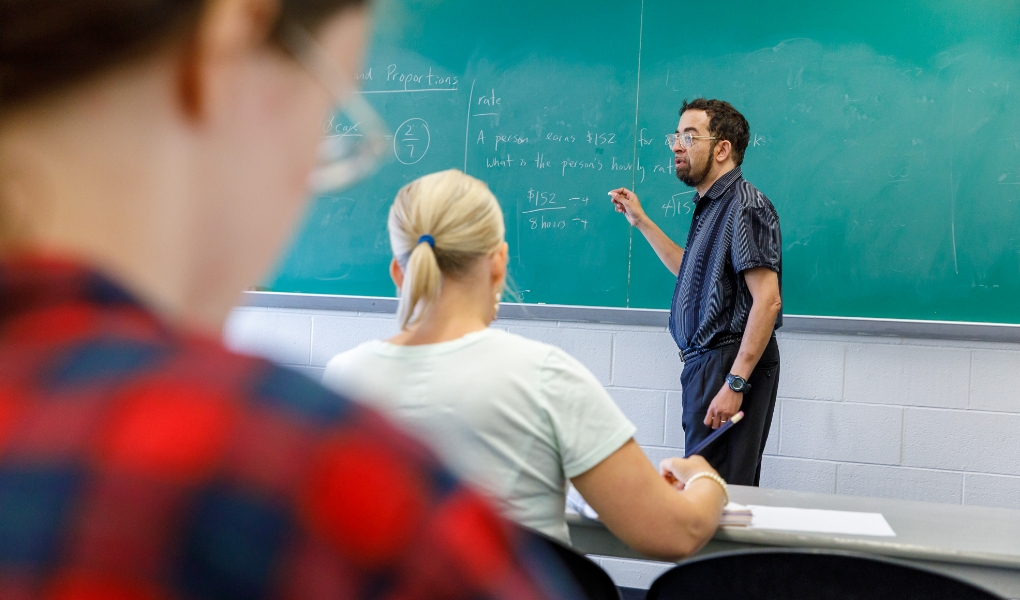
Trauma-Informed Facilities Including Desk and Classroom Design
Generously supported by MassBay Community College and made possible with grant funding from the United States Department of Education Title III.
The contents of this event and website were developed under a grant from the U.S. Department of Education. However, those contents do not necessarily represent the policy of the U.S. Department of Education, and you should not assume endorsement by the Federal Government.
